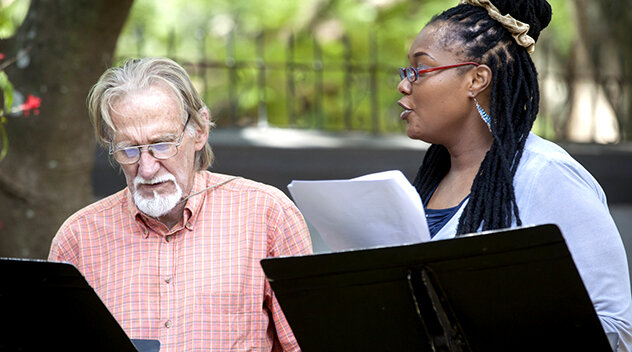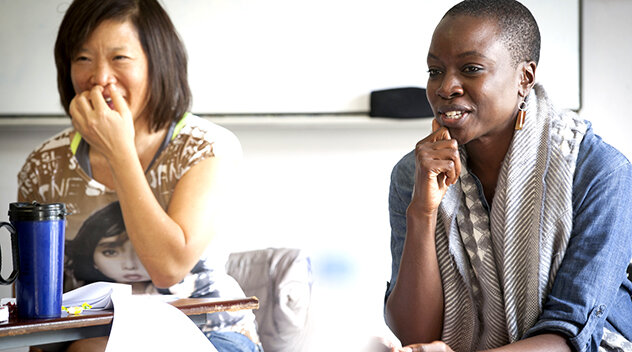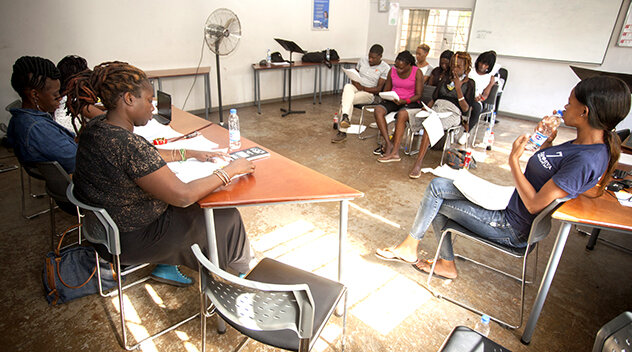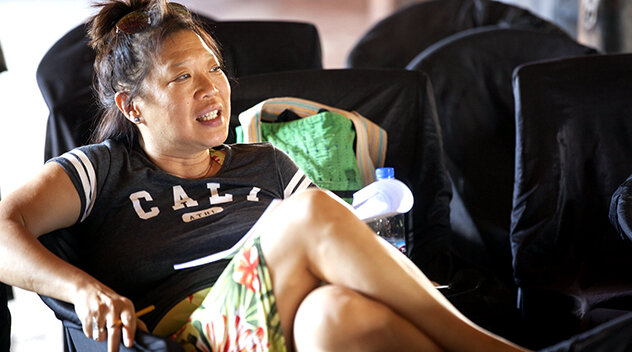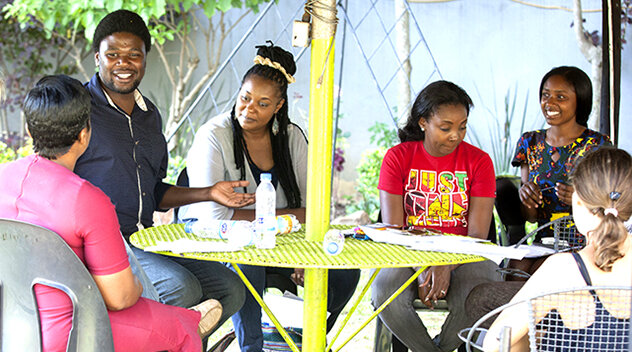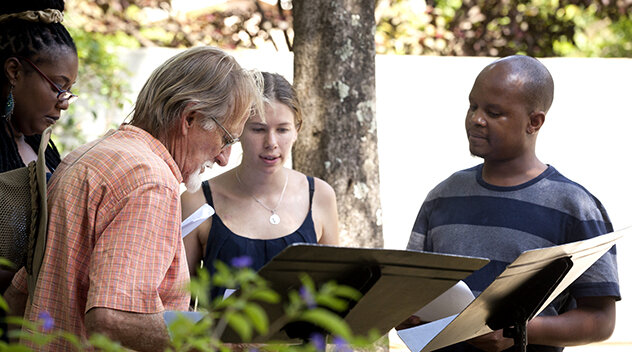Stuck in the Mud
Harare, January 23rd, 2018 | Rudo Mutangadura
A few years ago I attended a meeting in Chitungwiza. There were four of us in the car; all women. We parked the little white Vitz in the make-shift car park and went into the meeting which lasted two hours. And then it rained. After the meeting, we all piled into the car and tried to leave. The engine was running, the wheels were turning but the car would just not move. The building was on a wetland and the makeshift car park was now a veritable swamp. No matter how hard I put my foot on the accelerator, that car would not move on from the spot on which it had been parked. Before, I attended the African Playwrights Conference hosted by ALMASI during the first two weeks of January; my play had been responding to me like a little white Vitz stuck in the mud.
When I wrote the play, I wanted to communicate about the impact of money on the power dynamics in marital relationships. I had attended a gender workshop and I was impacted by what I had discovered there. While I was writing however, there was a series of xenophobic attacks against foreigners living in South Africa and so I decided to set my characters in both Zimbabwe and South Africa while I thought through this issue. My intention had been to structure the play in vignettes so that I could tell the stories of many women as possible. My thoughts were floating around ‘For Colored Girls’ by Ntozake Shange but unfortunately I had never watched the choreo-poem on stage and I could not find the book. I did what I could from snippets from YouTube and produced a first draft. I knew immediately when I finished it that I needed to move the play on from where it was but I could not figure out what the problem was. The more I stepped on the accelerator, the more the wheels turned and took me nowhere.
The first thing that happened at the African Playwrights Conference was that the Dramaturge, Alice Tuan, brought a copy of ‘For Colored Girls’. I was surprised that she instinctively knew what I was trying to achieve. I suppose that is the result of experience. Bringing the book helped to foster a relationship of trust and was a major first step in getting the wheels of the play out of the mud. Reading the book helped me to realize that I need not be bound by the conventions of setting and scene numbers. Alice suggested I replace all of them with titles and that was one of the most freeing decisions made for the play.
During the course of the two weeks, I worked with a Director and seven actors. Things always sound different when they are spoken out loud; especially by professionals. While hearing the play read was helpful, what was most helpful was being paired with a Director who treated the play with respect and approached my characters without judgment.
This is process helped me to realize that when something is stuck, sometimes what it needs is people who know the most effective way to get it unstuck. That’s why I would definitely recommend for any playwright who wants to move their work forward. And you know what the most amazing part was for me? I got to keep the copy of ‘For Colored Girls’ by Ntozake Shange.


